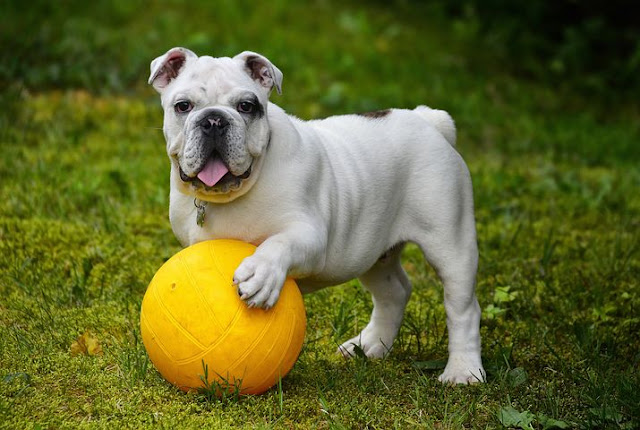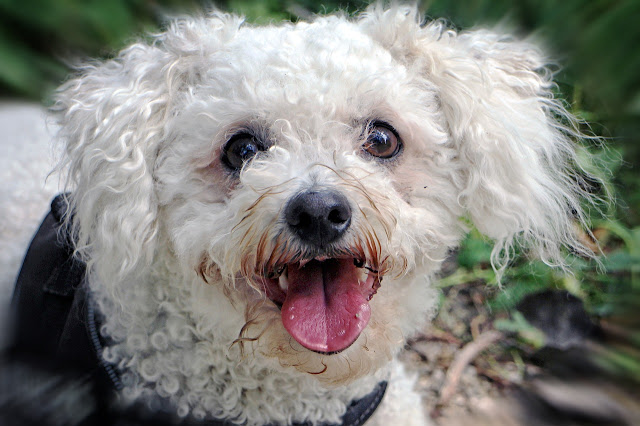Ten young graduates just finished an intensive program to revolutionize fish farming in Nigeria, and the U.S. soybean industry is backing them in a big way. In a move to boost food security and create economic opportunities, a major American agriculture group is doubling down on its investment in Nigeria's youth. The American Soybean Association (ASA) celebrated the graduation of the first-ever class of its "Next Gen Leaders for Aquaculture Innovation Programme," where ten young Nigerians were trained for five months in modern fish farming with a special focus on using soybean-based feeds to grow healthier fish faster. But here's the big takeaway: This wasn't just a graduation ceremony. It was the launchpad for a much larger plan. The ASA officially signed a new three-year partnership with a Nigerian firm, SejFarms Consult Limited, to scale up the program and train many more young people. Why This Matters Nigeria has a huge demand for fish, but domestic production...
Over the past few years, people have opted for more friendly dogs. This may be largely due to their loyalty, affection and companionship.
Here, we will explore the most friendly dog breeds that are perfect for families, seniors, and first-time pet owners.
1. Labrador Retriever
The Labrador Retriever is one of the most popular breeds in the world and is also known for being one of the friendliest. This breed is known for its friendly, outgoing, and playful nature. They love to be around people and are great with children. They are also highly trainable and make great family pets.
2. Golden Retriever
The Golden Retriever is another friendly breed that is perfect for families. This breed is known for its friendly, intelligent, and loyal nature. They are also great with children and love to play. Golden Retrievers are also highly trainable and make great pets for first-time pet owners.
3. Beagle
The Beagle is a friendly and outgoing dog breed. This breed is known for its friendly, curious, and playful nature. They are also great with children and make great family pets. Beagles are also highly trainable and are great for first-time pet owners.
4. Bulldog
The Bulldog is a friendly and affectionate breed. This dog is known for its friendly, relaxed, and calm nature. They are great with children and make great family pets. Bulldogs are also highly trainable and are perfect for first-time pet owners.
5. Boxer
The Boxer is a friendly and energetic dog breed. This breed is known for its friendly, playful, and boisterous nature. They are great with children and make great family pets. Boxers are also highly trainable and are perfect for first-time pet owners.
6. Poodle
The Poodle is a friendly and intelligent dog that is known for its friendly, playful, and obedient nature. They are great with children and make great family pets. Poodles are also highly trainable and are perfect for first-time pet owners.
7. Bichon Frise
The Bichon Frise is a friendly and affectionate breed known for its friendly, playful, and cheerful nature. They are great with children and make great family pets. Bichon Frises are also highly trainable and are perfect for first-time pet owners.
8. Cavalier King Charles Spaniel
The Cavalier King Charles Spaniel is a friendly and affectionate breed. They are great with children and make great family pets. Cavalier King Charles Spaniels are also highly trainable and are perfect for first-time pet owners.
9. Boston Terrier
The Boston Terrier is a lovely breed. They are great with children and make great family pets. Boston Terriers are also highly trainable and are perfect for first-time pet owners.
10. Siberian Husky
The Siberian Husky is a friendly and energetic breed that loves to be around people. This breed is known for its friendly, playful, and mischievous nature. They are great with children and make great family pets. Siberian Huskies are also highly trainable and are perfect for first-time pet owners.











Comments
Post a Comment